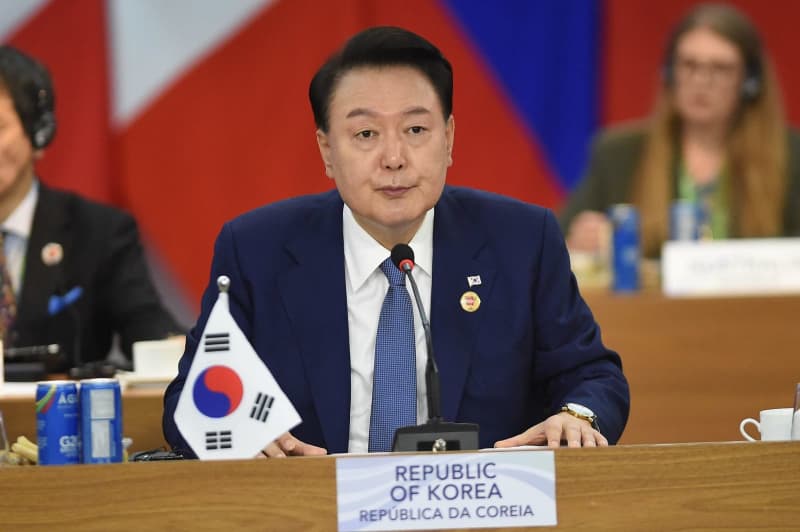South Korea is currently facing a political crisis following President Yoon Suk Yeol’s controversial attempt to impose martial law. Recently, he failed to appear for questioning by a joint investigation team comprising the police, the Corruption Investigation Office for High-ranking Officials, and the defence ministry’s investigation unit. The investigation pertains to Yoon’s martial law declaration made on December 3, which he claimed was motivated by a desire to protect the nation but which many saw as a severe overreach of authority. Attempts to officially summon Yoon for questioning were thwarted as his office reportedly refused to accept the summons, further complicating the situation and raising questions about his commitment to lawfulness.
In a dramatic turn of events, South Korea’s parliament voted to impeach Yoon, following widespread public outcry over his botched attempt to declare martial law. This vote took place against the backdrop of growing discontent among citizens and culminated just days after Yoon’s alarming declaration. Consequently, Prime Minister Han Duck Soo has stepped into the role of acting president until the Constitutional Court determines the validity of the impeachment. This transition highlights the gravity of Yoon’s actions and their implications not only for his presidency but for South Korean democracy as a whole.
The Constitutional Court has scheduled the impeachment proceedings to begin on December 27, leading to significant uncertainty regarding Yoon’s future in office. There are questions surrounding his willingness to appear in person at the hearing, which will allow both sides to present their cases regarding the impeachment. Should Yoon fail to attend, it could be interpreted as an attempt to evade accountability, potentially intensifying public outrage and undermining his government’s legitimacy further.
Allegations of constitutional violations have been levied against Yoon, primarily stemming from his unexpected and swift declaration of martial law. This shocking move was receded only a few hours later in response to significant public resistance, revealing the fragile state of his administration. Yoon’s political narrative positions his opponents as “anti-state forces,” revealing his approach to the crisis that involves casting dissenters in a negative light rather than addressing the concerns posed by citizens.
Yoon’s controversial presidency has already drawn considerable scrutiny, and this latest incident seems to be a tipping point. The debate surrounding the impeachment illustrates broader concerns about governance and authority in South Korea. As more citizens engage in discourse about the state of democracy in the country, Yoon’s approval ratings plummet, placing increasing pressure on his administration to amend its course of action.
In conclusion, the ongoing situation with President Yoon Suk Yeol represents a pivotal moment in South Korean politics. With impeachment proceedings on the horizon and grave allegations of constitutional violations, Yoon faces an uphill battle to regain public trust and legitimacy. The developments surrounding his martial law attempt will likely shape the future of governance in South Korea, serving as both a cautionary tale and a reflection of the enduring tensions between authority and civic rights in a democratic society.

